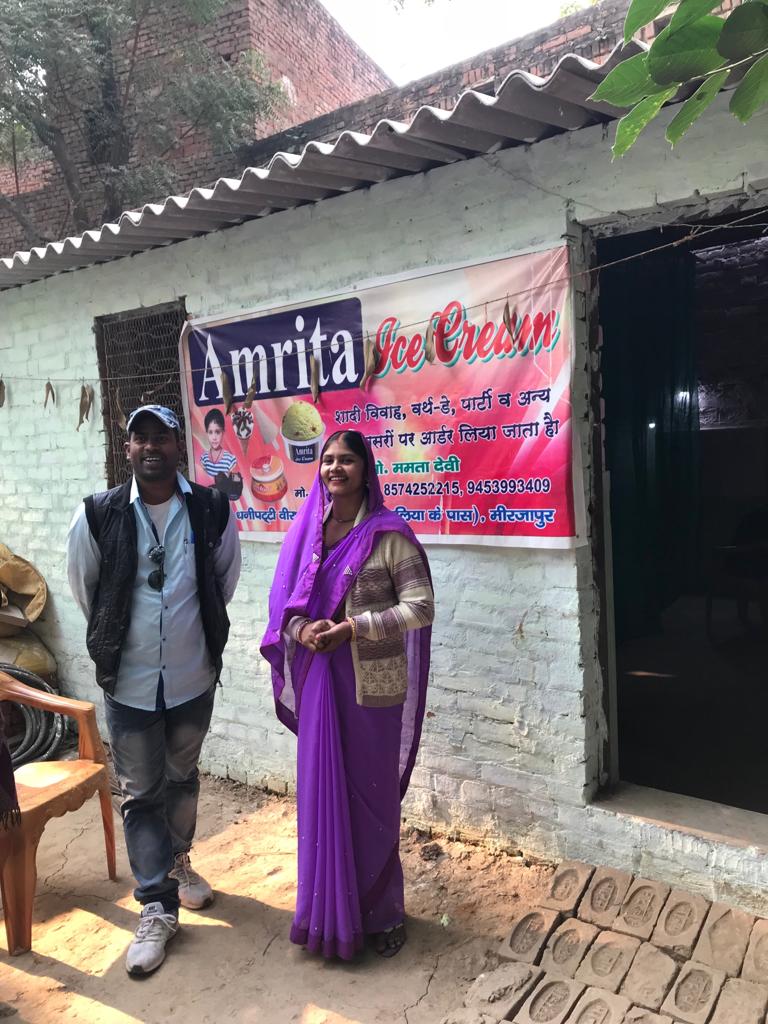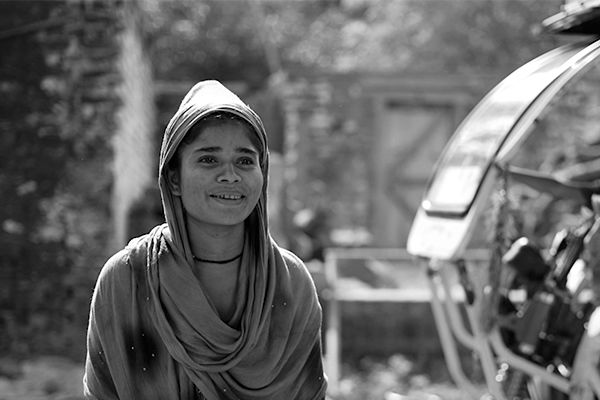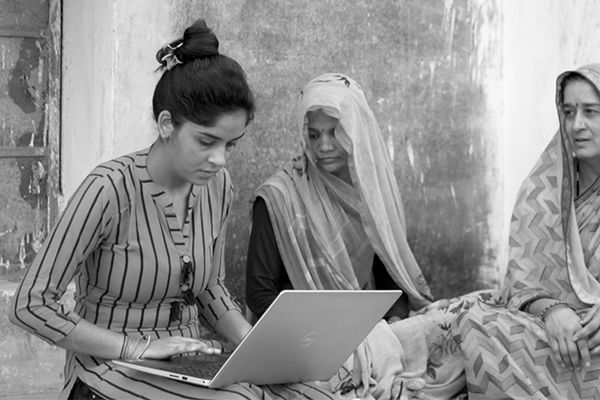As a nation, we have not achieved as much as might have been possible over the last two to three decades, in terms of making the Indian economy more inclusive, equitable, and resilient. While we appreciate the great work often done heroically in the past by several organisations and individuals, the good intent and the vast amount of resources committed by public, private, and philanthropic agencies have made little headway in ‘moving the needle’ on critical indicators of economic empowerment.
With over 12 million youth entering the workforce every year1 and almost 80% of employment still located in agriculture and the unorganised sector,2 the need for millions of new non-farm enterprises, particularly those in emerging sectors of the economy, cannot be highlighted enough. COVID-19 has uncovered the need to redefine livelihood security, restructure the way we organise work, and re-create an economic order that is equitable as well as much more resilient against the possible catastrophes of the future.
Entrepreneurship - the act of engaging in purposeful, productive, and profitable activity - has gained currency as a means for building a new, better India. Sadly, it remains confined in the hands of a few; and in some ways, is exacerbating the poverty gap and excluding the many. In a country that remains inherently entrepreneurial and where grassroots entrepreneurship has been widely acknowledged as a beacon of hope, very little has been done to tap entrepreneurial ambitions of millions.

I named my business, Amrita Ice Cream, after my daughter because I want her to have an even brighter future.
Often seen as the most efficient way of fulfilling social and environmental goals in a business-like manner, social enterprise has had impact on a limited scale. Moreover, the people who set up social enterprises as well as those who invest in them and incubate these businesses almost always end up prioritising growth of the enterprise itself as a means of generating impact. It is in this regard that social enterprise is very different from inclusive entrepreneurship.
The concept of inclusive entrepreneurship, or ‘Sam-Udyam’, stems from the belief that an ecosystem of actors can induce change that is systemic in nature - not just addressing the problems of livelihood insecurity and widespread joblessness that India is faced with, but dealing with issues that caused them in the first place - to build new micro-economies where progress is based on equitable growth and social well-being.
We believe that a movement towards inclusive entrepreneurship will, simply put, bring more people into the ambit of entrepreneurship and create jobs on a scale that cannot be matched by small, medium, and large businesses alone. Our country must prioritise the upward socio-economic mobility of over 80 million individuals stuck in low-paying informal jobs with uncertain tenure or subsistence-level income-generating activities that are the only means of making ends meet for many, especially women.
Thus, we imagine inclusive entrepreneurship to be a phenomenon that is characterised by a systemic change in which millions of ‘job seekers’ become ‘job makers’ within their communities, thereby leading to enhanced social inclusion and sustainable economic growth.
The task at hand cannot be led by one individual or one organisation, but a constellation of actors who recognise how grassroots entrepreneurs remain invisible in policymaking, who are concerned about the limited effectiveness of the public and private sector models for growth, and who hope to overcome the inability of social purpose organisations to take their innovative solutions to scale.
We invite you to invest in the potential of SAMUDYAM to transform the lives of over half a billion people in India, particularly those who work at the periphery of a soon-to-be USD 5 trillion economy.3
References
1Economic Survey 2018: see news reports
2International Labour Organization: ‘Informal Economy in South Asia’
3India on course to become USD 5 trillion economy by FY26: CEA


